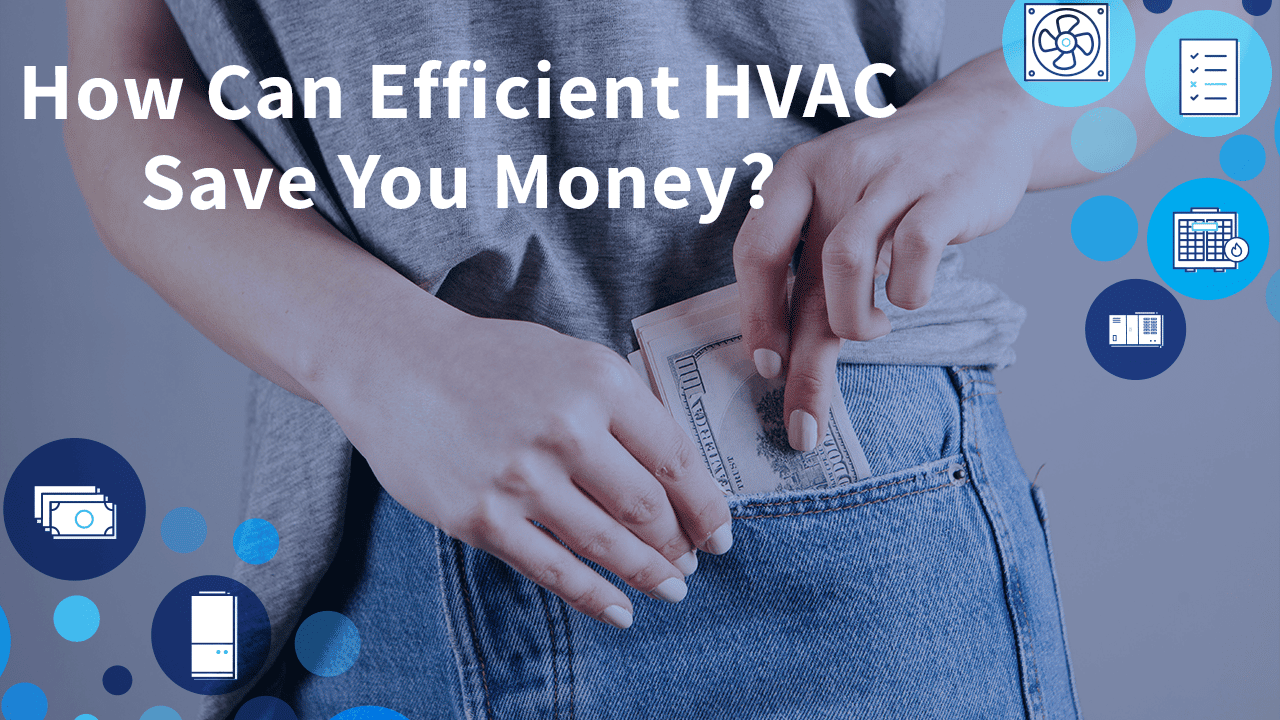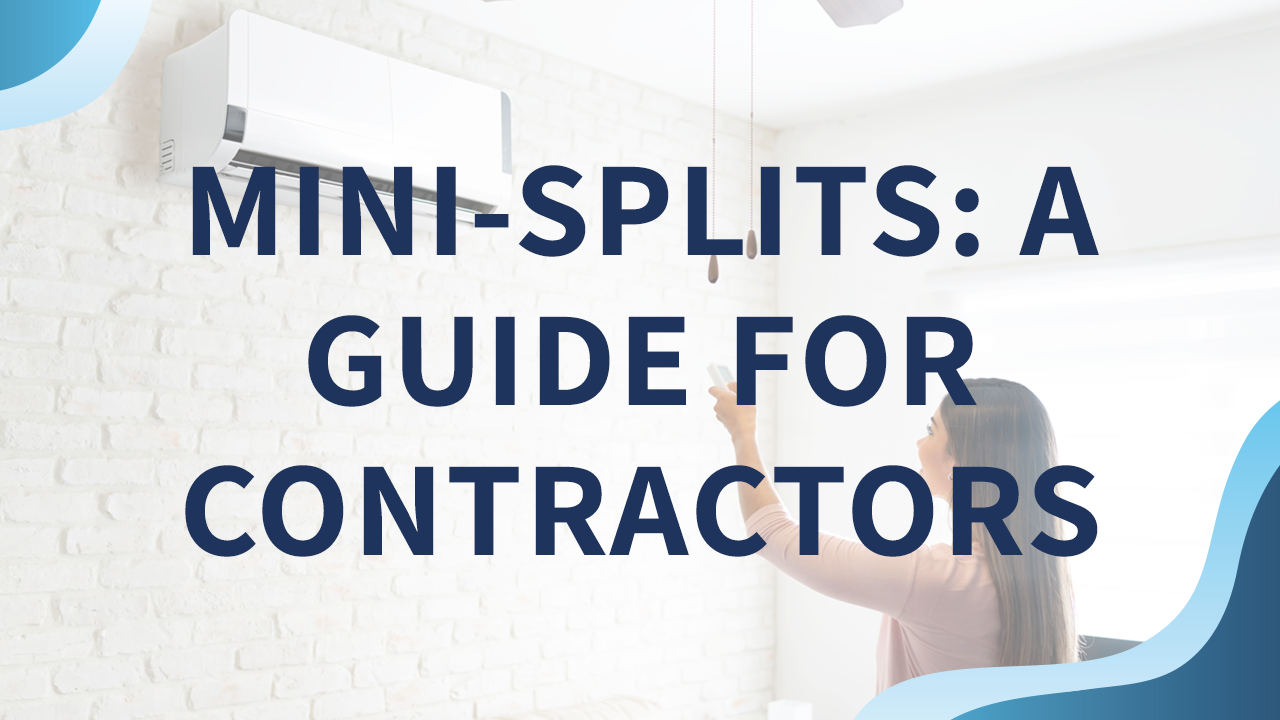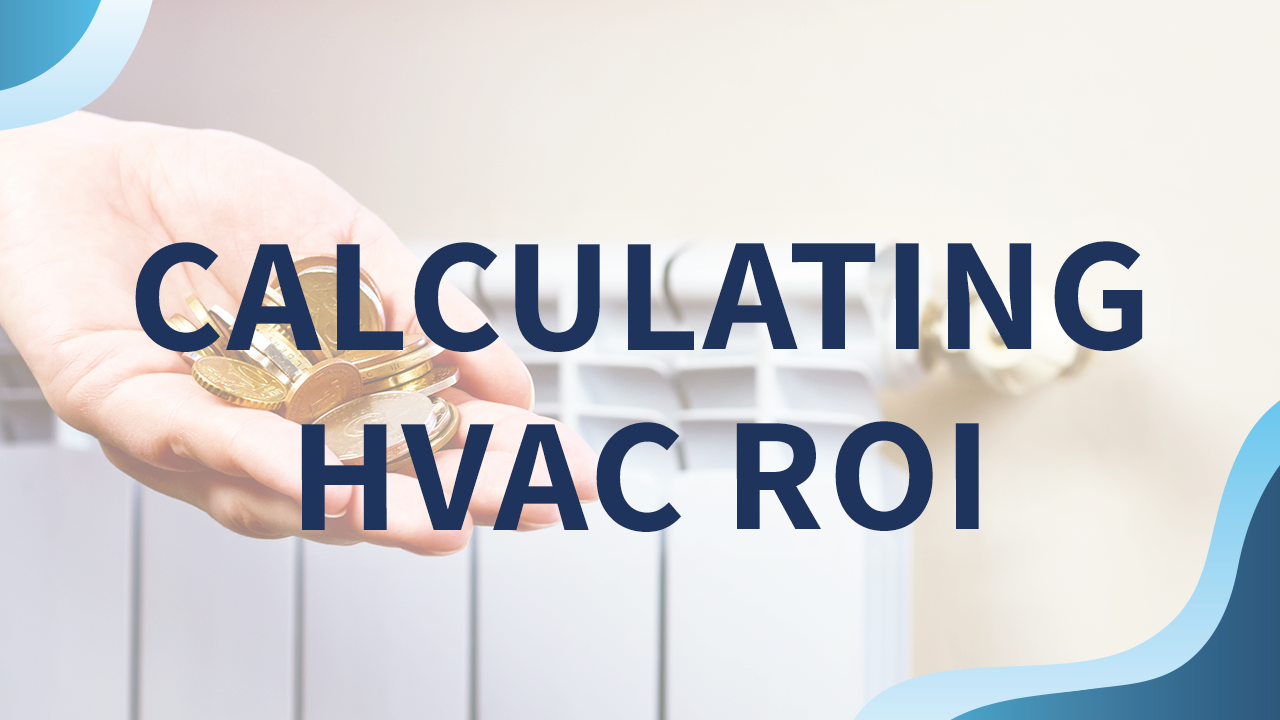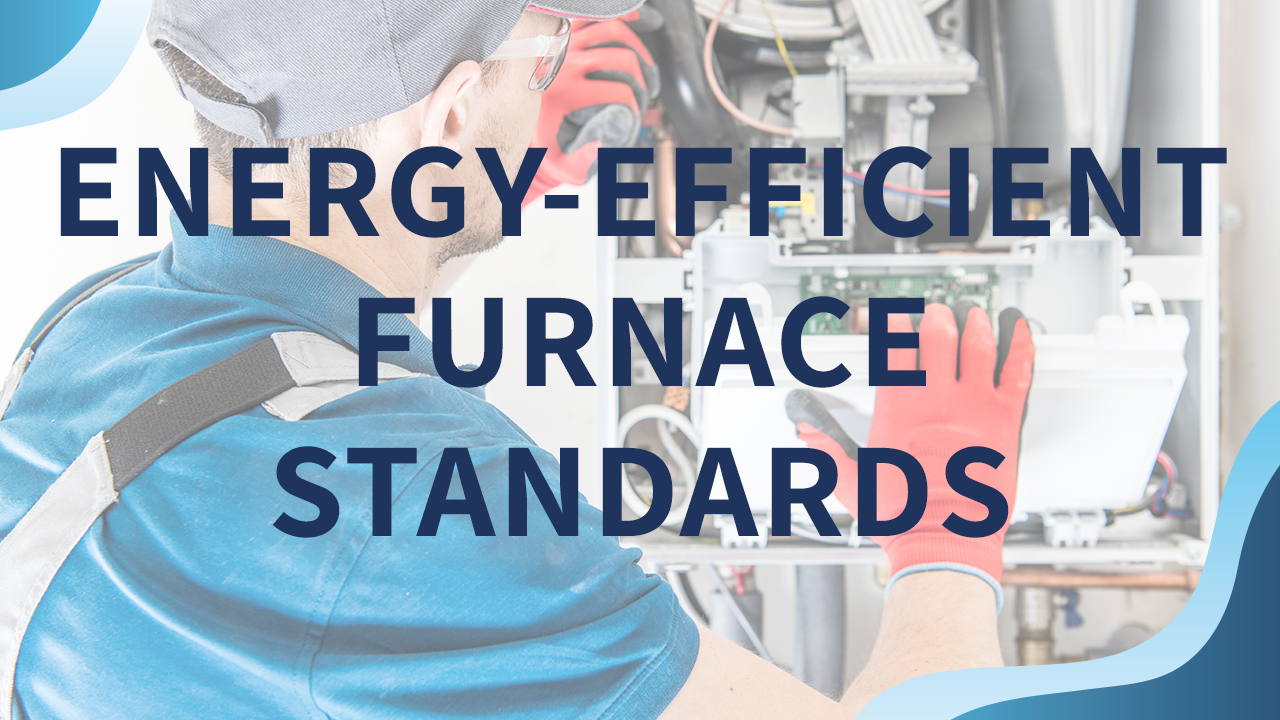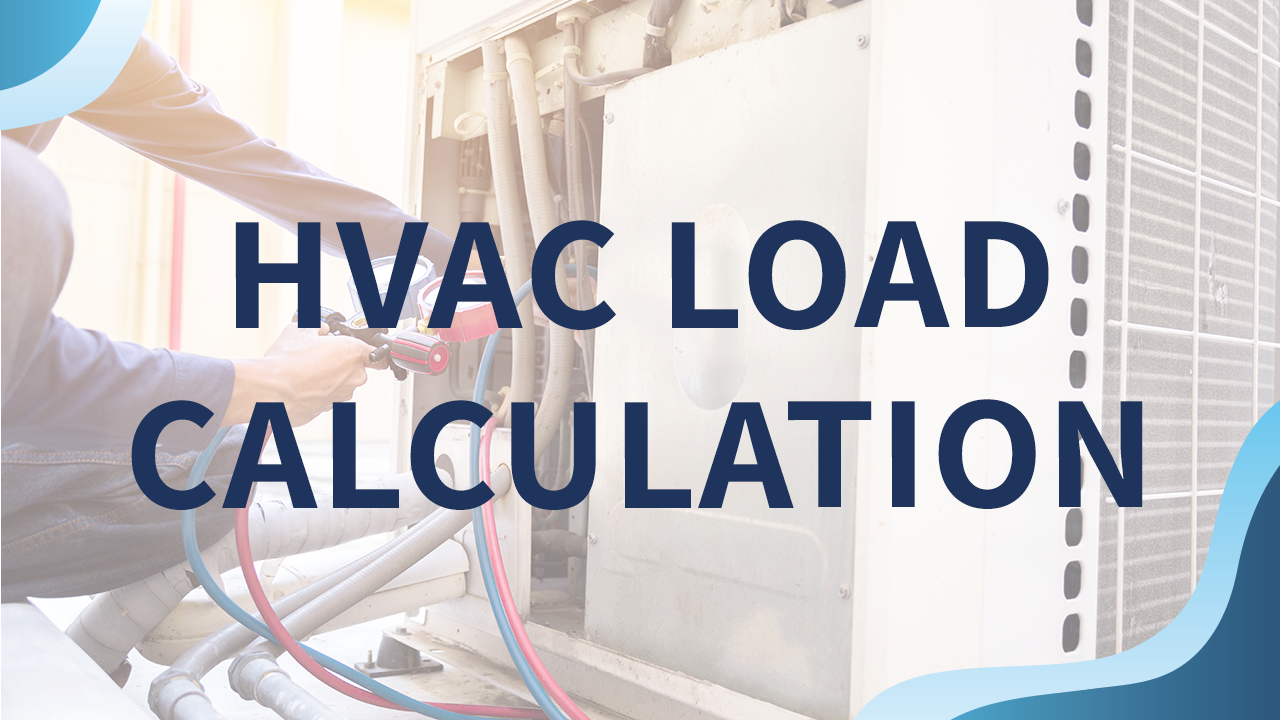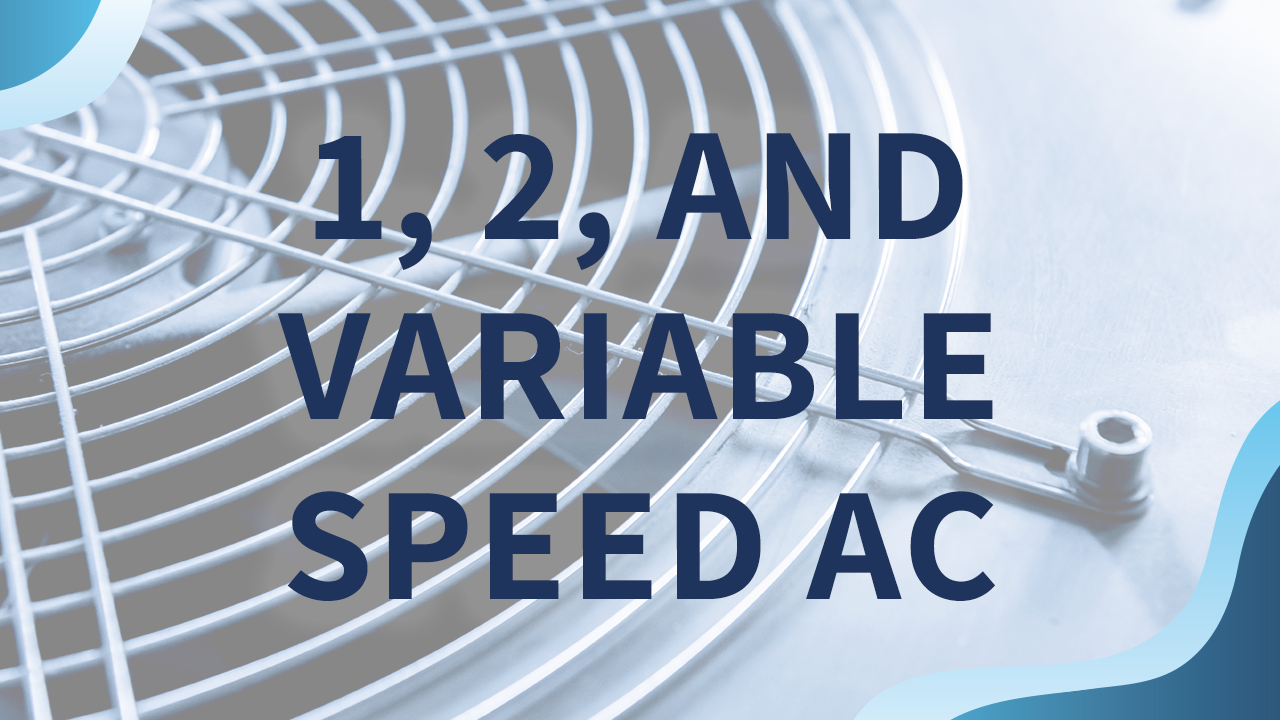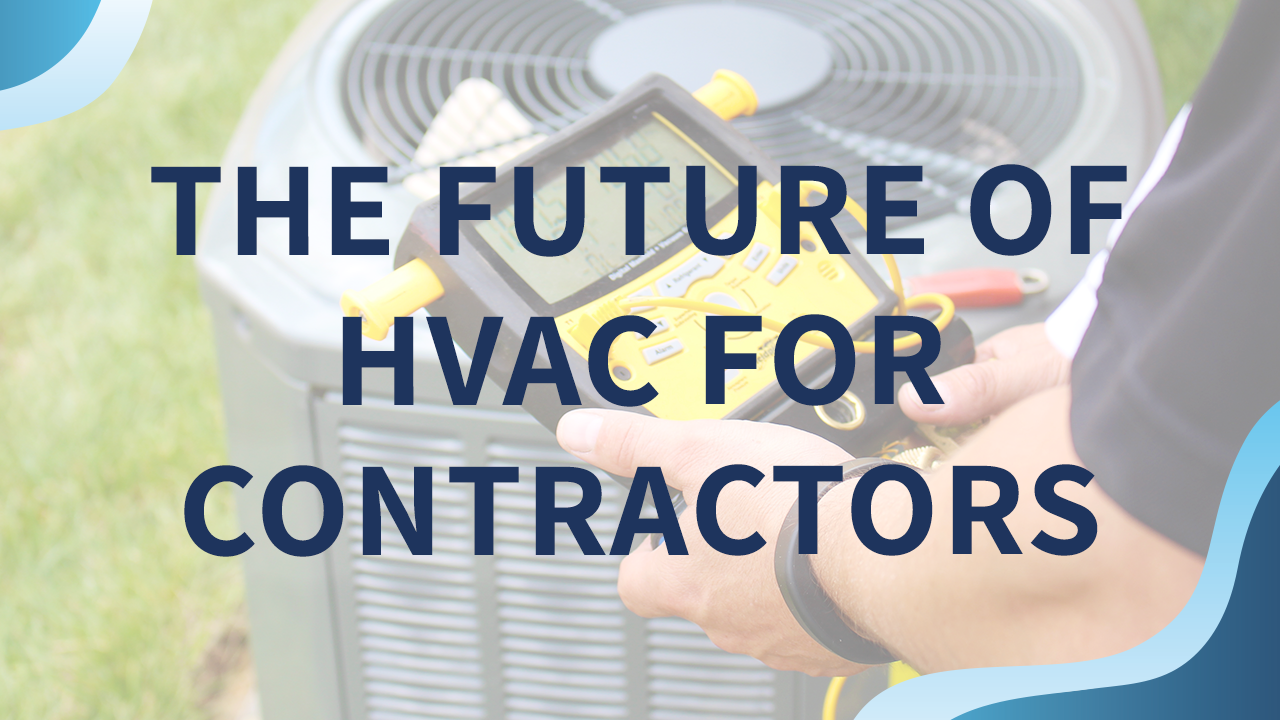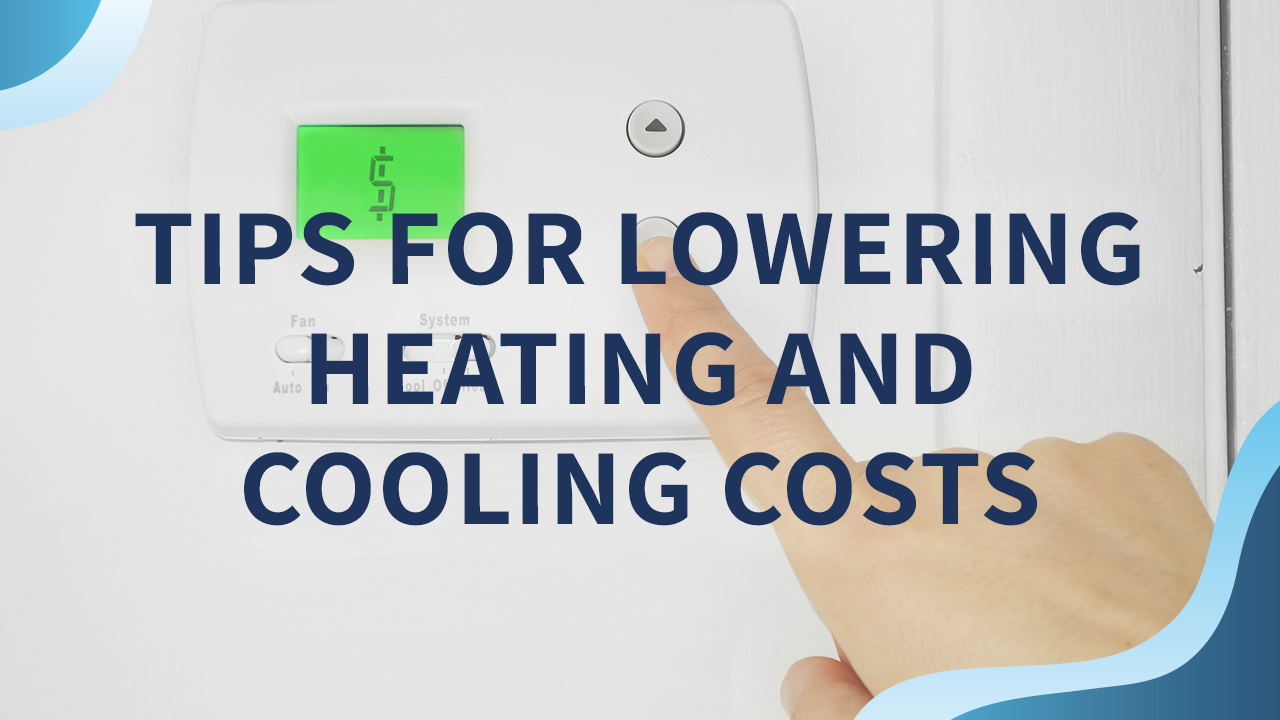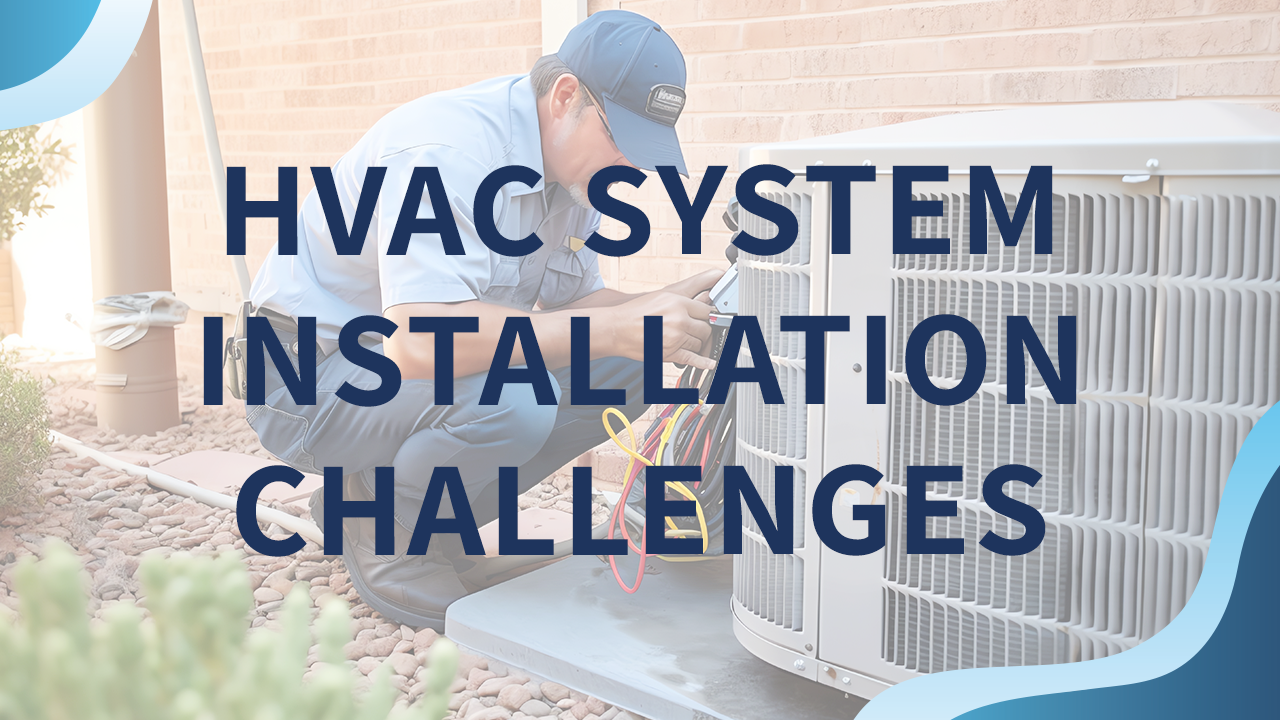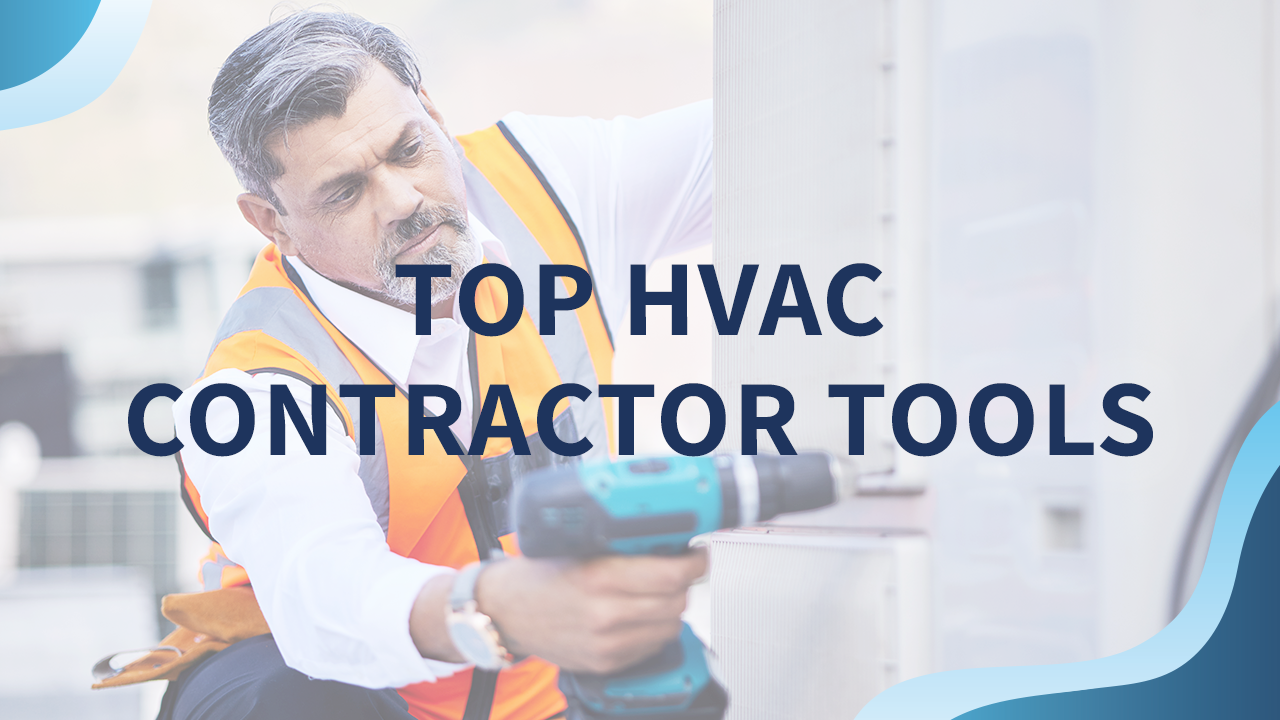Are you tired of skyrocketing energy bills? Is your HVAC system running on its last legs? It’s time to explore how efficient HVAC can save you money. Upgrading to a high-efficiency HVAC unit not only brings enhanced comfort to your home or business but also offers substantial financial benefits.
A high-efficiency HVAC system operates on less energy and achieves a higher level of efficiency compared to standard units. Its energy efficiency is measured by the seasonal energy efficiency ratio (SEER), with ratings typically ranging from 13 to 21. By investing in a high-efficiency HVAC system with a SEER rating between 16 and 21, you can significantly reduce utility costs.
The energy efficiency of HVAC systems is quantified through SEER ratings for air conditioning and heat pump systems, as well as annual fuel utilization efficiency (AFUE) ratings for gas furnaces. The higher the SEER and AFUE ratings, the more efficient the system, resulting in lower energy bills.


What is High-Efficiency HVAC?
A high-efficiency HVAC system is designed to operate on less energy while delivering superior performance compared to standard HVAC units. Here are some key points to understand about high-efficiency HVAC:
Energy savings: High-efficiency HVAC units consume less energy, resulting in significant cost savings on your utility bills. These savings can accumulate over time and have a substantial impact on your overall expenses.
Seasonal Energy Efficiency Ratio (SEER): SEER is a measurement used to determine the energy efficiency of an HVAC system. High-efficiency HVAC units typically have SEER ratings ranging from 16 to 21, indicating their superior energy performance.
Enhanced comfort: High-efficiency HVAC systems not only save you money but also provide enhanced comfort levels in your living or working spaces. These systems are designed to deliver consistent heating and cooling, ensuring a comfortable indoor environment throughout the year.
Environmentally friendly: By opting for a high-efficiency HVAC system, you contribute to reducing energy consumption and greenhouse gas emissions. These units are designed with advanced technologies that minimize environmental impact while maximizing energy efficiency.
Long-term investment: Investing in a high-efficiency HVAC system is a smart long-term decision. While the upfront cost may be higher compared to standard units, the energy savings and potential rebates or incentives often outweigh the initial investment, leading to long-term financial benefits.
Compatibility with smart technology: Many high-efficiency HVAC systems are compatible with smart home technology, allowing you to optimize energy usage and control your HVAC system remotely. This integration further enhances energy efficiency and convenience.
By upgrading to a high-efficiency HVAC system, you can enjoy significant energy savings, enhanced comfort, and a reduced environmental footprint, making it a wise investment for your home or business.
Energy Efficiency Ratings
How is HVAC energy efficiency quantified? The seasonal energy efficiency rating measures the efficiency of air conditioning and heat pump systems. This figure is calculated by dividing the output during a typical season by the total energy input during the same period. It’s important to understand that the SEER rating for HVAC equipment reflects the unit’s maximum efficiency rating. In general, however, a higher SEER rating results in greater energy efficiency, although the actual efficiency of a home’s HVAC system also depends on the size of the property and the building’s ductwork, among other factors.
Likewise, a gas furnace’s energy efficiency is rated by the annual fuel utilization efficiency. The UFUE indicates how efficiently a furnace is heating a home, which reflects how much fuel is needed to control the indoor climate. An AFUE rating ranges from 0-100%, and a higher number indicates more efficient operation and lower energy bills. A high-efficiency furnace will receive an AFUE rating between 94% and 98.5%.


Repair or Replace HVAC?
There are a variety of ways a new HVAC system can save you money. It’s important to remember that no HVAC unit is made to last forever. As they age, they will grow less efficient, even if they are still operating. Not only is older equipment more likely to need repairs, but newer HVAC technology will naturally exceed the efficiency of older equipment even in peak conditions.
Therefore, many property owners wonder when they should repair an older HVAC system and when it’s time to invest in a newer model. If the HVAC system has been in use for 10 years or longer, owners should strongly consider buying a replacement. A new system can help you avoid expensive yet inevitable repairs, and a new high-efficiency HVAC unit can pay for itself over its lifetime in reduced energy bills. According to the U.S. Department of Energy, installing a more efficient HVAC system actually can reduce utility bills by as much as 20%, which could result in savings of more than $1,000 a year.
How Efficient HVAC Saves Money
As discussed, a high-efficiency HVAC system can save consumers money in a variety of ways. Not only will property owners save money on fewer repairs, but they enjoy years of lower utility bills while taking advantage of valuable government incentives to purchase an energy-efficient appliance.
Lower Energy Costs
The higher the SEER rating of your HVAC equipment, the more efficient the system will be, and the less energy it will consume. Of course, other factors such as the home’s size and the tonnage of the unit will come into play. For example, if a property owner installs a 3-ton, 16 SEER HVAC unit to replace one of a similar size with an 8 SEER rating, they would save more than $660 a year at an average electricity cost of $.14 per kilowatt hour. In 20 years, time, the total savings would exceed $13,000. Meanwhile, if the same homeowner upgraded from an HVAC unit with an 8 SEER to a high-efficiency system with a SEER rating of 21, that savings would increase to $819 per year and more than $16,000 over a 20-year period. Of course, in homes that operate their HVAC unit longer than average, that savings will only increase.
Fewer Repairs
A highly efficient HVAC system won’t have to work as hard to provide the same level of comfort to a home. Not only does this mean the unit performs better than a traditional system, but it’s much more likely to remain in peak condition for years to come. Therefore, property owners can worry less about HVAC performance issues while they avoid the potentially excessive costs associated with repairs and maintenance. Fewer repairs over the lifetime of the unit can lead to a great deal of savings. Even when repairs are needed, they can cost far less when fixing a newer high-efficiency HVAC system as the parts are more readily available and less expensive than equivalent parts for an older system that might be hard to locate if not obsolete.
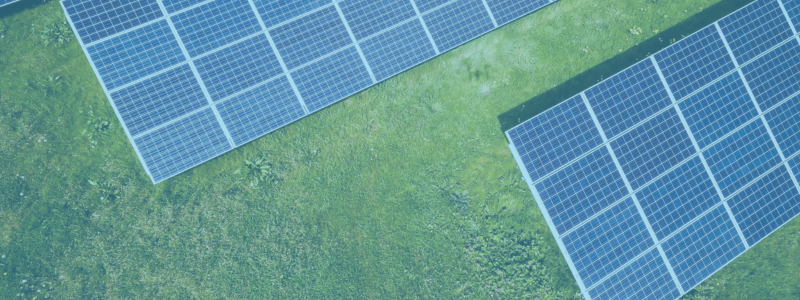

Government Incentives
To motivate more people to invest in high-efficiency HVAC units, the federal government and some state governments offer additional financial incentives. Buyers need only submit proof of purchase for an approved HVAC system, and the government will issue a rebate in the form of a check. Those who replace their older HVAC model with a newer high-efficiency unit might also qualify for tax credits.
Motili’s Solution
Motili is the solution to cost-effective equipment, installation, repair, and maintenance.
We combine people, processes, and technology to create a unique and nationally supported app that will help property owners of all kinds to manage their heating and cooling efforts quickly.
Data analysis will continue to be performed by the on-demand service industry, including HVAC technicians, to match consumer needs to service providers. Motili’s platform goes even further by helping building managers make intelligent and proactive business decisions.
